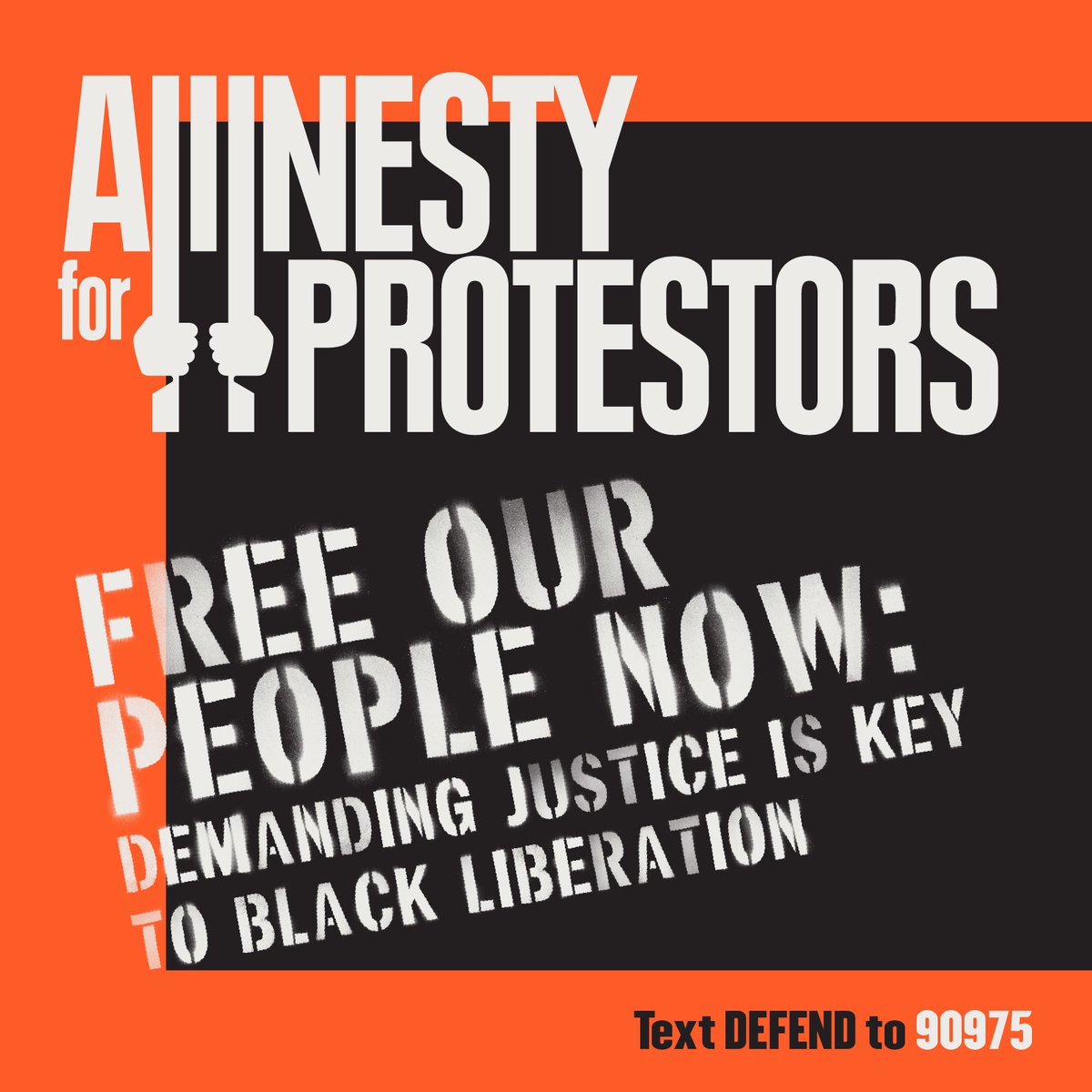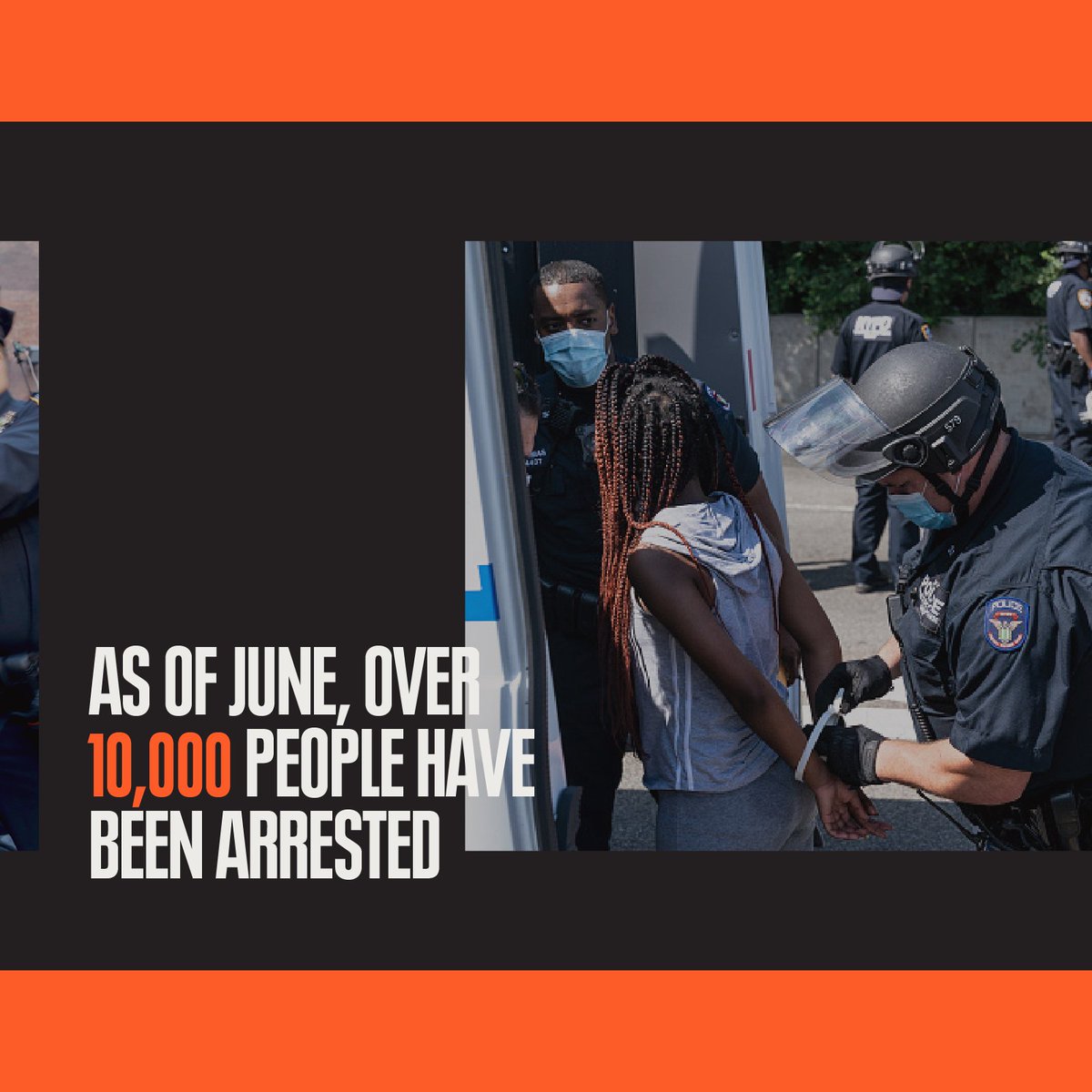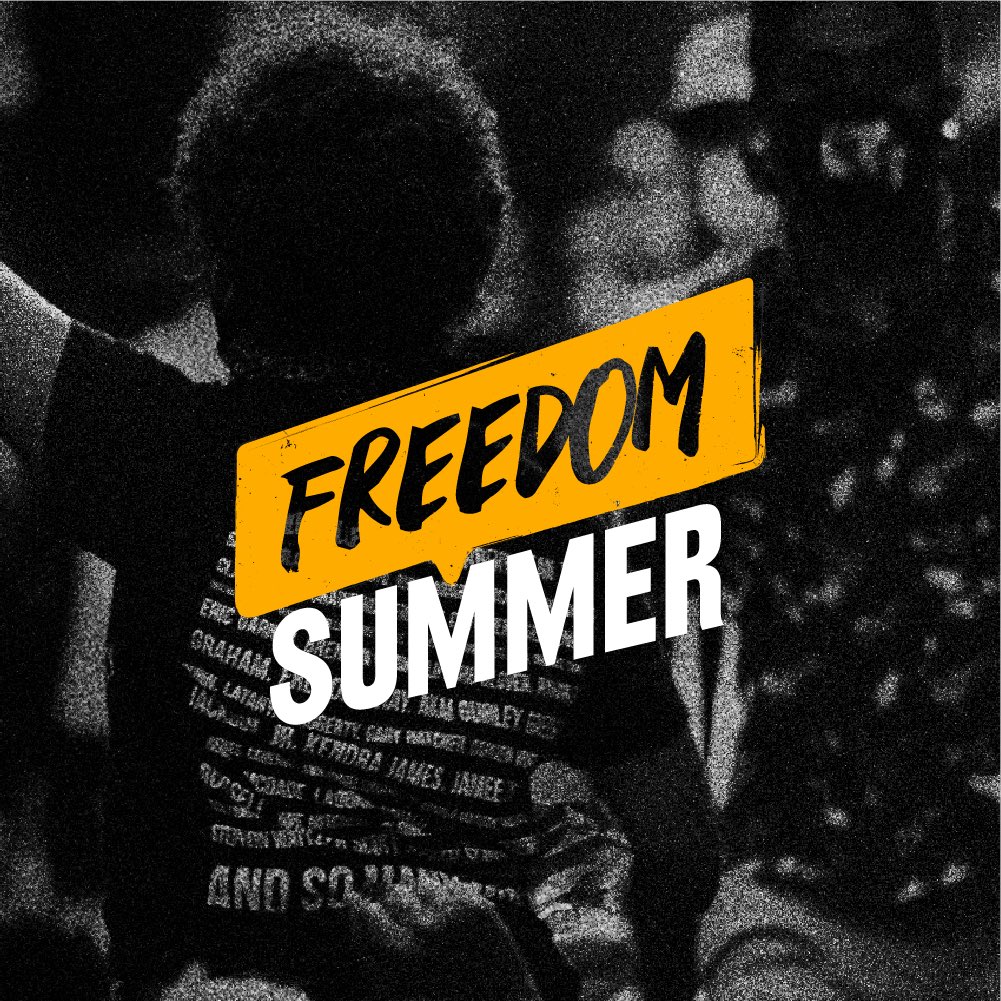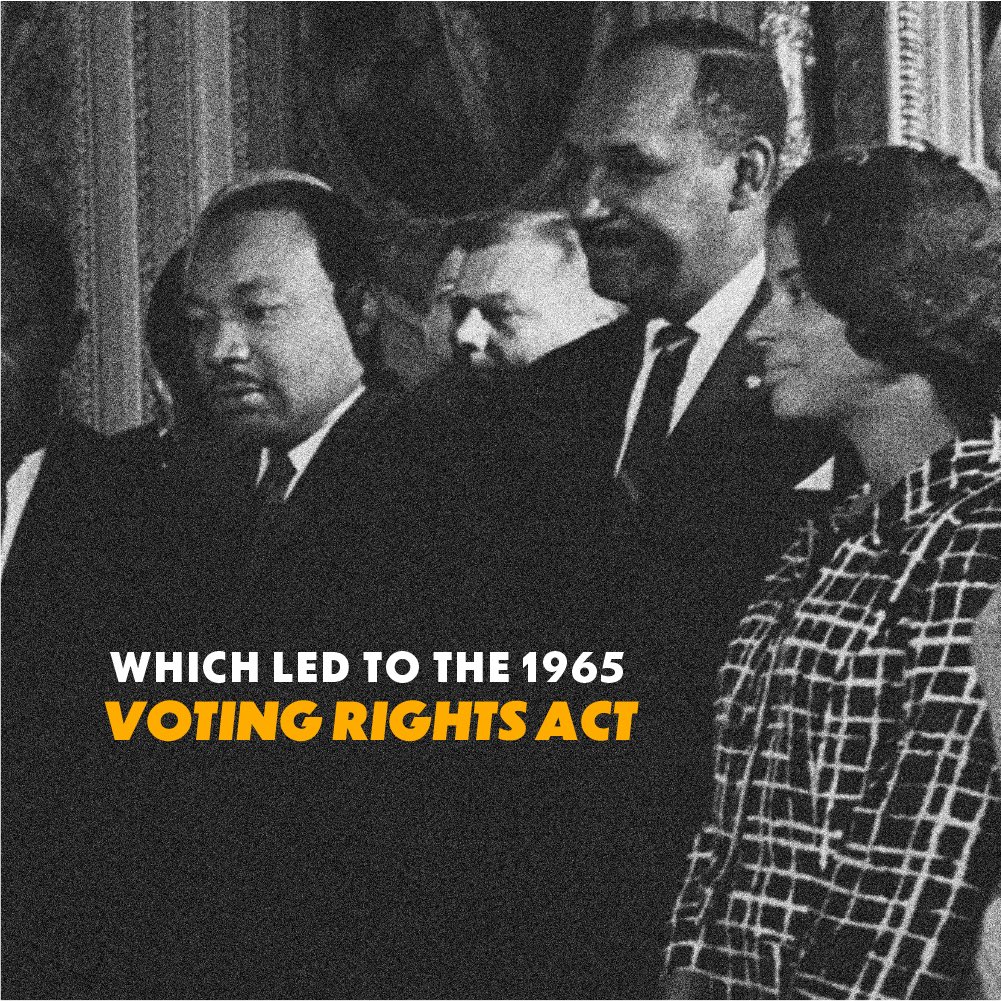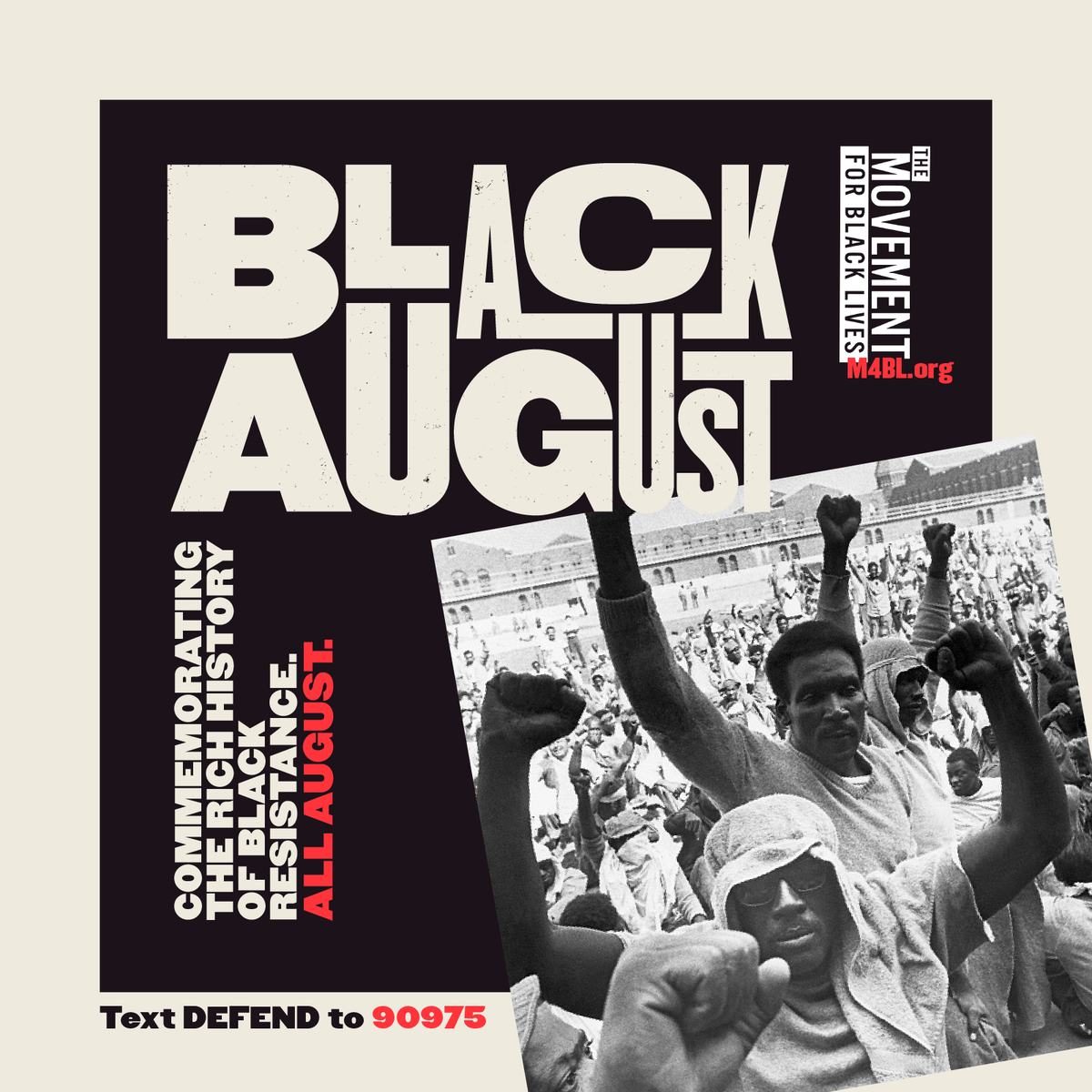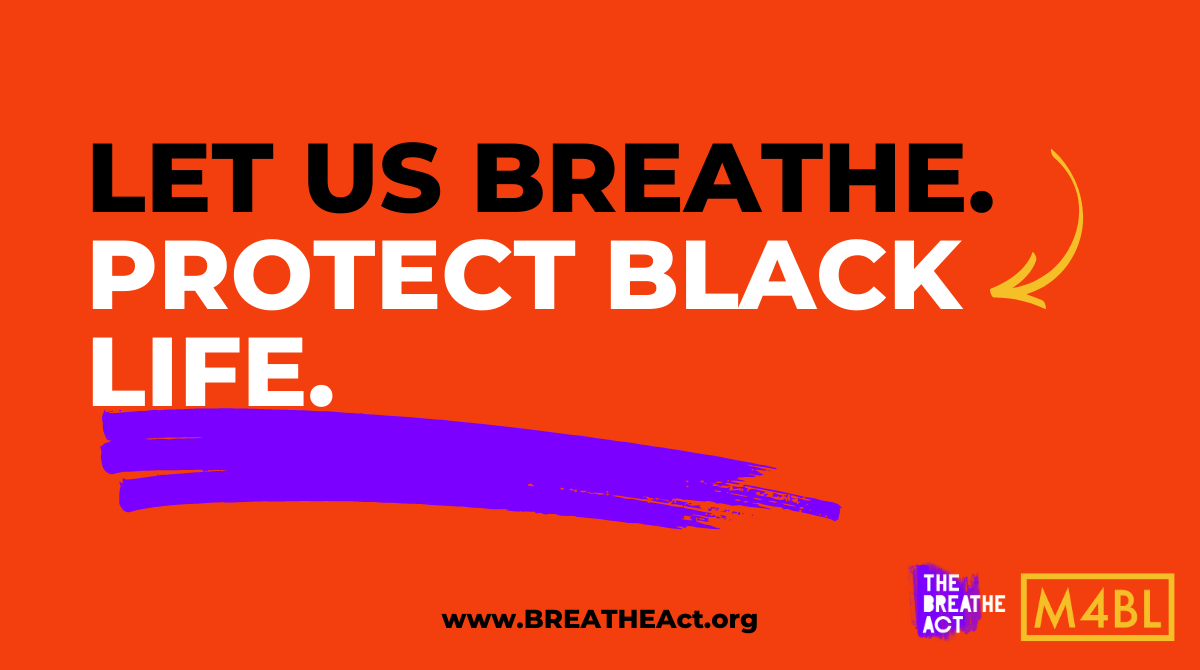
Today, we reflect and honor the lives taken on October 20th last year as Nigerian forces opened fire on #EndSars protesters, killing multiple people in addition to the dozens who had already been shot and killed throughout the demonstrations. 

Nigeria's #EndSARS campaign brought global visibility to the corrupt Special Anti-Robbery Squad (SARS) who have tortured and killed Black children with impunity for decades. 

#EndSars, an inclusive and empathy-driven movement across the youth spectrum, is about more than police violence; it’s also about addressing root causes, calling power to account, changing government structures in Nigeria, and more. 

#M4BL is in solidarity with the people of Nigeria who are grieving and still under attack a year later.
We join others worldwide in demanding the Nigerian government end the profiling and we call for justice for those who have been injured and killed by SARS officials.
We join others worldwide in demanding the Nigerian government end the profiling and we call for justice for those who have been injured and killed by SARS officials.
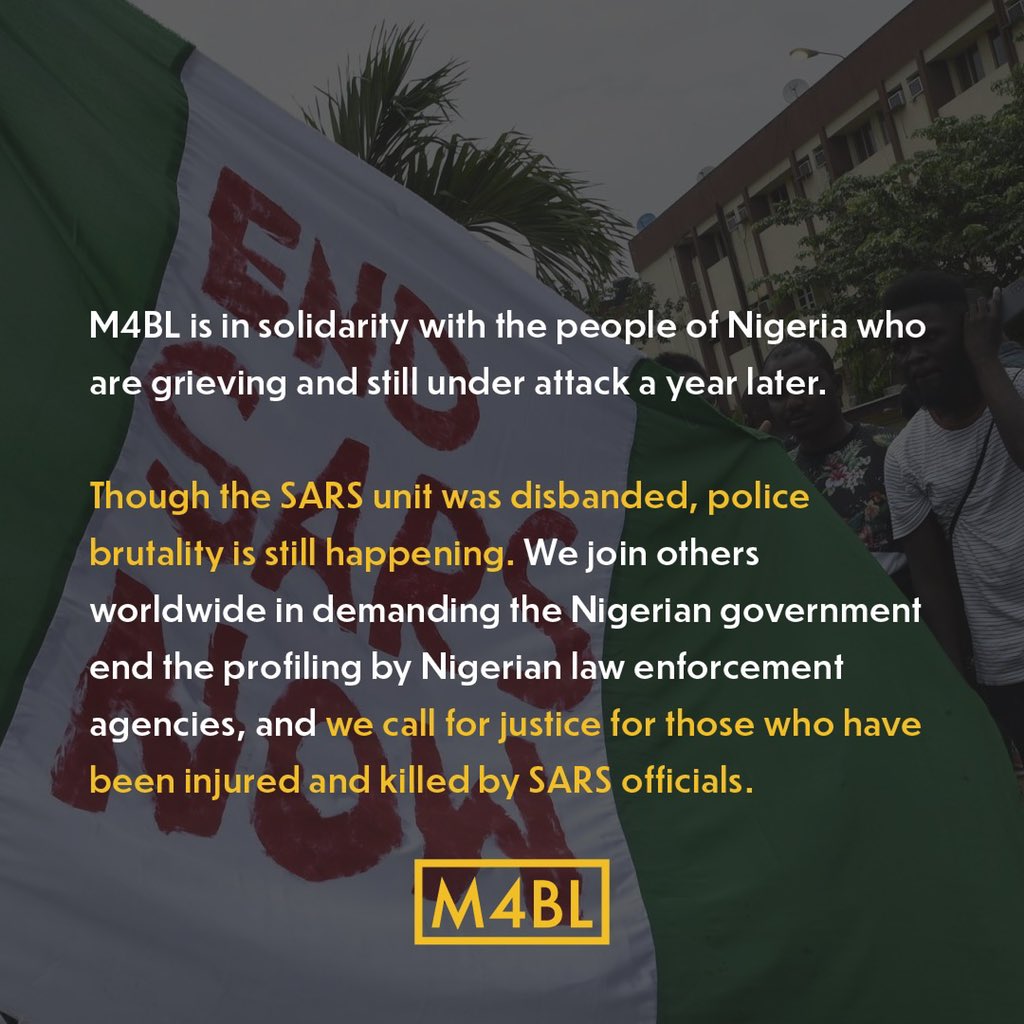
• • •
Missing some Tweet in this thread? You can try to
force a refresh



